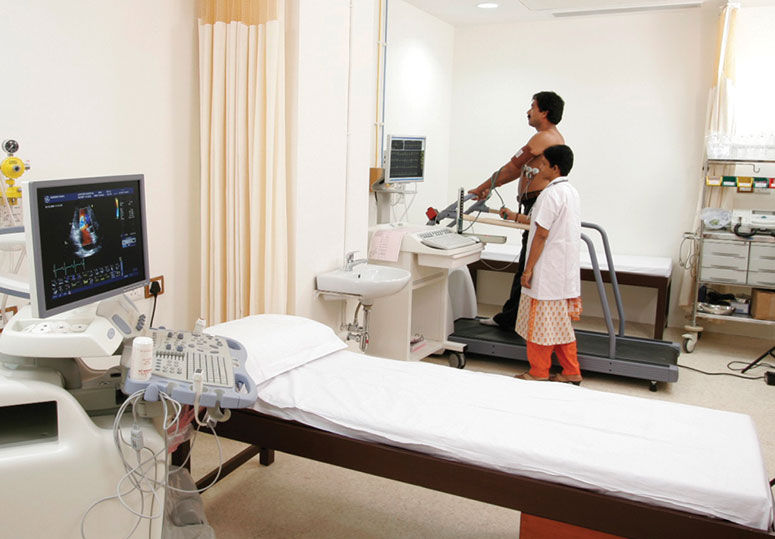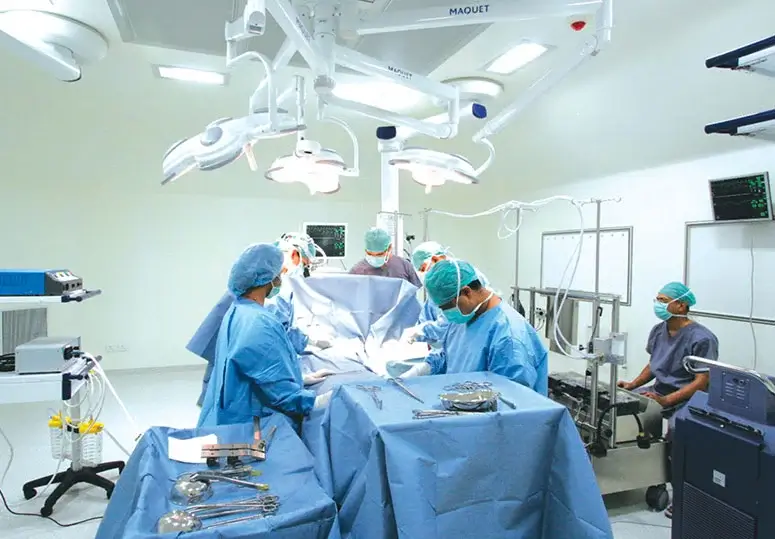Organ Transplant in Indore
Restoring Function and Vitality: Organ Transplant Expertise at Jupiter Hospital
Did you know that a single act of compassion can potentially save up to eight lives? By participating in organ donation, you possess the ability to provide another person with a renewed lease on life.
In the year 2021, an impressive 128+ organ donations were recorded. However, the demand for organs in Indore remains substantial, with over 4153 individuals eagerly awaiting the chance for a life-saving organ transplant. Tragically, nearly 500,000 lives are lost each year due to the unavailability of suitable organs, underscoring the pressing need to bridge this gap. Currently, there are 0.08+ organ donors per millions, emphasizing the need for more compassionate donors.
Within our organ transplant hospital in Indore, we deeply appreciate the precious gift of life. If we are fortunate, we may be granted a second opportunity to lead a healthier and more fulfilling life. Legal organ transplants hold the key to reigniting this hope, and our hospital is unwavering in its commitment to making this hope a reality. Positioned at the forefront of this specialized medical field is our team of highly skilled transplant surgeons in the department of organ transplant treatment in Indore.
Our specialization lies in multi-organ transplants, with a particular focus on liver transplants. Our team of surgeons are well-regarded for their expertise in this field. Whether it's an intestine transplant, kidney transplant, liver transplant, pancreas transplant, or bone marrow transplant, Jupiter Hospital is fully equipped to handle these intricate and life-transforming procedures.
Organ transplantation represents a complex and formidable sector within modern medicine. Fundamental components of medical management in this realm include addressing the challenges of transplant rejection, where the recipient's immune system may reject the transplanted organ, potentially leading to transplant failure. To mitigate the risks of rejection, our medical team at the organ transplant hospital in Indore utilize extensive HLA typing serotyping tests to ensure the most compatible donor-recipient match. Additionally, we utilize immunosuppressant drugs to reduce the likelihood of rejection, ultimately enhancing the success rate of organ transplants.
Team
Looking for the Organ Transplant in Indore
The power to become a potential organ donor is open to anyone, regardless of age or medical history.
The field of organ transplantation encompasses two primary domains: living donor organ transplants and deceased donor organ transplants. Living donor organ transplants are suited to specific cases, such as kidney, liver lobe, or pancreas transplantation, involving organs donated by living individuals. Conversely, deceased donor transplants utilize organs obtained from individuals declared brain dead.
In the context of posthumous organ donation, a comprehensive medical assessment is conducted to determine which organs can be donated. Certain conditions, such as HIV, actively spreading cancer, or severe infections, may disqualify potential donors. Furthermore, individuals with significant medical conditions like cancer, HIV, diabetes, kidney disease, or heart disease may not be eligible for living organ donation.
In the majority of cases, lifelong use of immunosuppressants is crucial to prevent organ rejection. The determination of this requirement will be made by your physician after a thorough evaluation of your overall health.
Children can undergo organ transplants with parental consent. Our dedicated team of pediatric specialists collaborates closely with our surgeons to perform these crucial procedures.
Following the transplant procedure, you will need to remain in the hospital for thorough monitoring. The length of hospital stay varies from patient to patient, depending on their individual rate of recovery. Even after discharge, regular hospital visits for health check-ups will play a crucial role in your ongoing care.
Organ Transplant
Patients Speak
Hear the heartwarming stories of patients overcoming difficult afflictions
















 View Map
View Map Book an Appointment
Book an Appointment Find a Doctor
Find a Doctor Health Check-up
Health Check-up






























































































 Find a Doctor
Find a Doctor Health Checkup
Health Checkup Book an Appointment
Book an Appointment